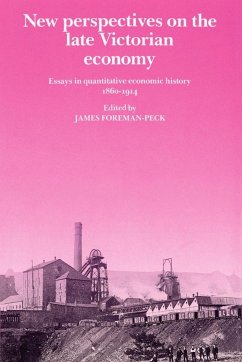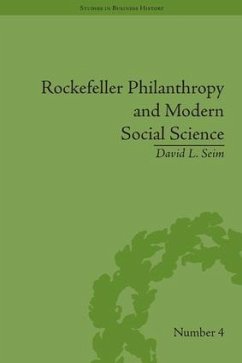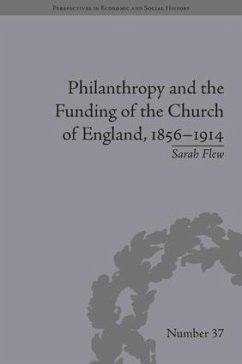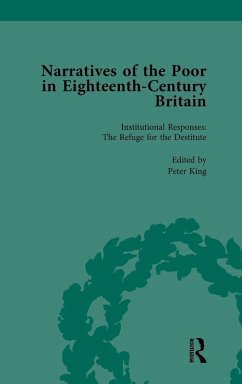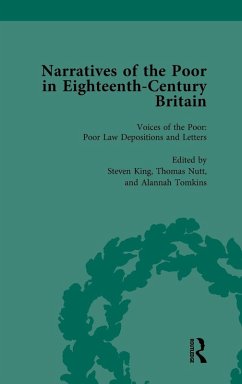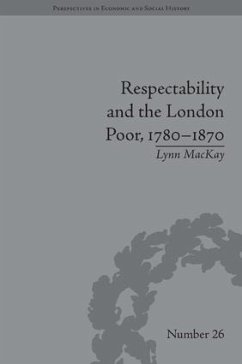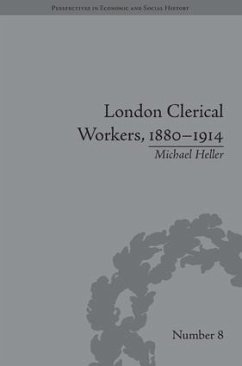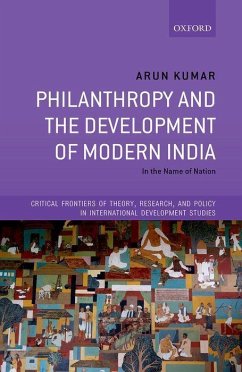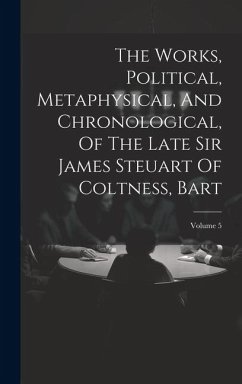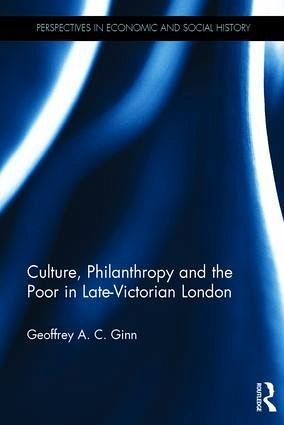
Culture, Philanthropy and the Poor in Late-Victorian London
Versandkostenfrei!
Versandfertig in 1-2 Wochen
170,99 €
inkl. MwSt.
Weitere Ausgaben:

PAYBACK Punkte
85 °P sammeln!
Ginn argues that Victorian cultural philanthropy was a response to daunting urban challenges, and should be seen as part of mainstream social work of the time. Focusing on Whitechapel, Mile End and Bermondsey, this study makes an important contribution to Victorian social history and the place of cultural philanthropy within it.
In refreshing our understanding of this obscure but eloquent activism, Ginn approaches cultural philanthropy not simply as a project of class self-interest, nor as fanciful 'missionary aestheticism.' Rather, he shows how liberal aspirations towards adult education and civic community can be traced in a number of centres of moralising voluntary effort. Concentrating on Toynbee Hall in Whitechapel, the People's Palace in Mile End, Red Cross Hall in Southwark and the Bermondsey Settlement, the discussion identifies the common impulses animating practical reformers across these settings. Ginn shows how these were shaped by a distinctive diagnosis of urban deprivation and anomie.





